Your body has an internal clock that regulates the sleep-wake cycle. However, pulling all-nighters, traveling between time zones, or jet lag can mess up this rhythm. Fortunately, you can reset it with these 12 tips.
Table of Contents
More Sunlight During the Day

First, going outside for as little as 30 minutes to enjoy the natural light can reset your body’s internal clock.
“Make sure you get 10-30 minutes of sunlight or daylight in your eyes within the first hour of waking up. You have to go outside. It’s not enough to get it through a window,” advises a poster.
Add in a Touch of Physical Exhaustion

“Clean out the yard, go for a run at the beach,” go to the gym, walk your dog, mow the lawn, or engage in any activity that will make you tired so you can fall asleep faster.
Avoid Caffeine Too Late in the Day

Next, don’t underestimate the power of caffeine and how long it stays in your system. Experts share it can disrupt sleep 6 hours before bedtime. So, avoid all caffeinated drinks 8 hours before bed.
Wake Up at the Same Time Every Day

A simple habit of having specific wake and sleep times can reset your circadian rhythm. Your body will adapt to the consistency, making it easier to wake up. However, don’t be tempted to sleep in during the weekends. You’ll either feel groggy and tired when you wake up or ruin your sleep pattern.
Don’t Do Anything That is Stimulating an Hour Before Bed
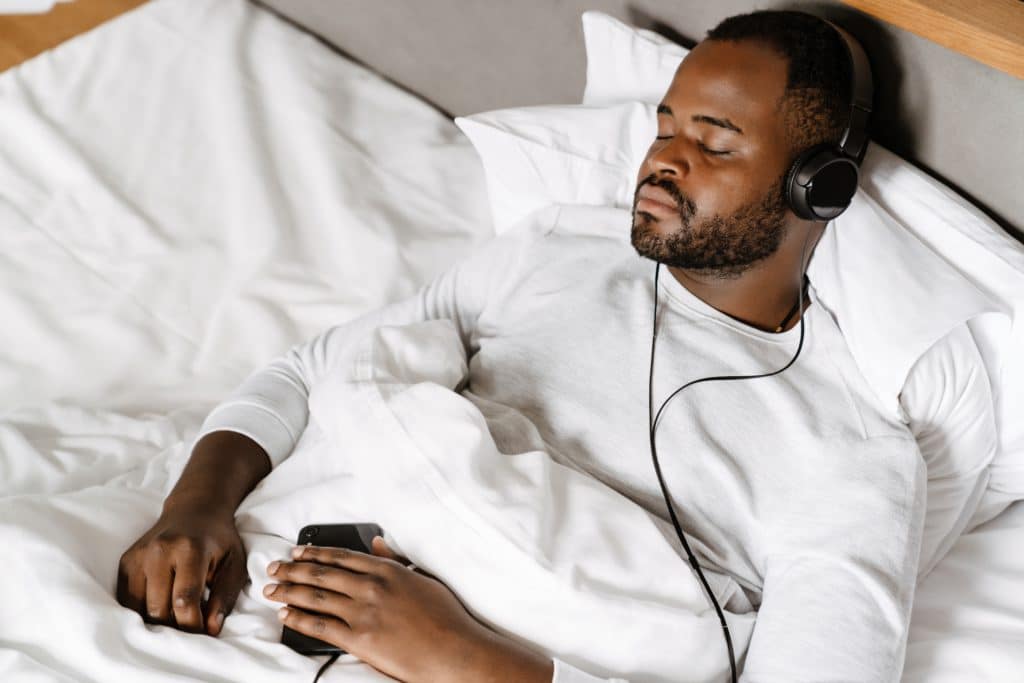
Replace stimulating activities with soothing ones right before bed. You can have a relaxing ritual like meditation, yoga, or mindful breathing.
Use a Night Filter for All Your Devices
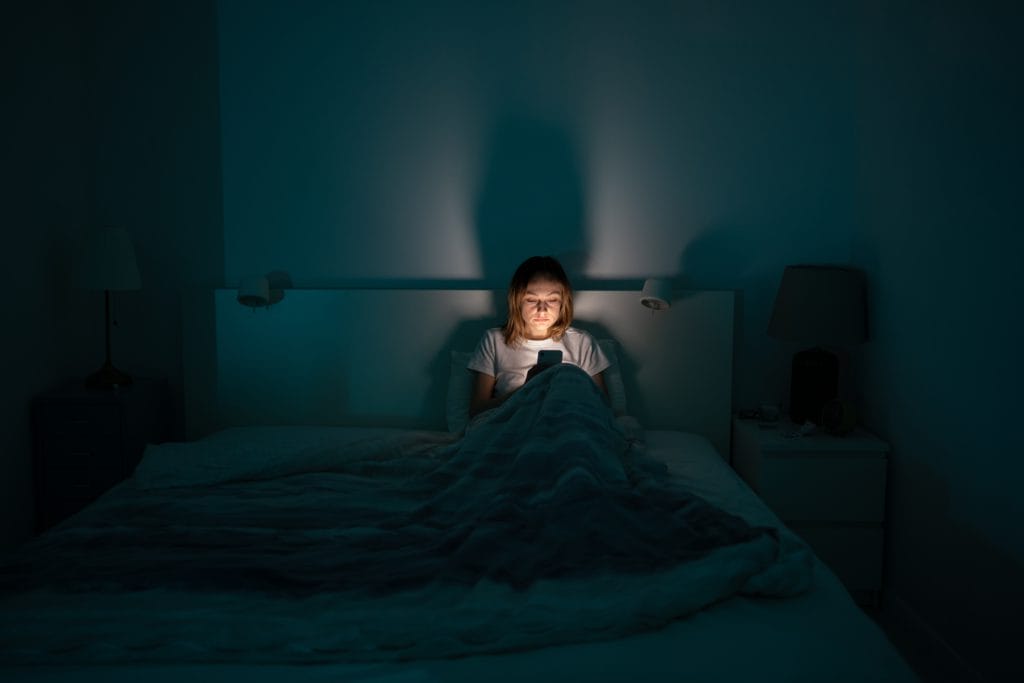
Using a night filter limits light exposure and glare to your eyes, which affects your ability to sleep.
Make Gradual Adjustments
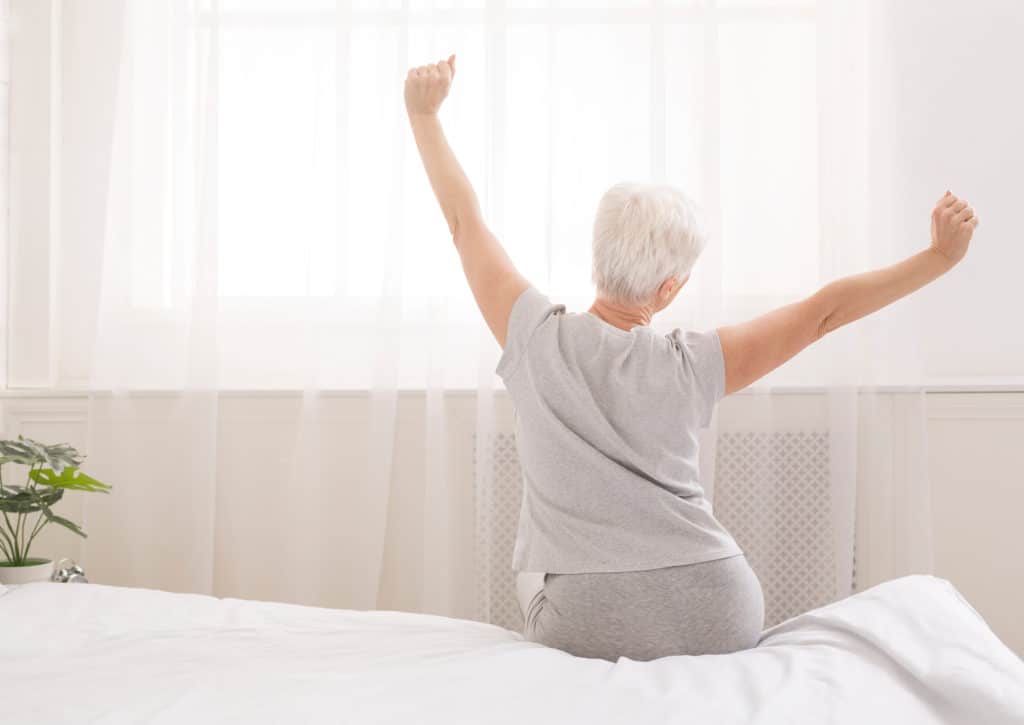
“Don’t instantly jump to falling asleep at 10 p.m. You have to get there gradually. Try going to bed an hour earlier every day and see if it works. If it doesn’t, only go to bed half an hour earlier,” recommends a poster.
No Phones 30 Minutes – 1 Hour Before Bed
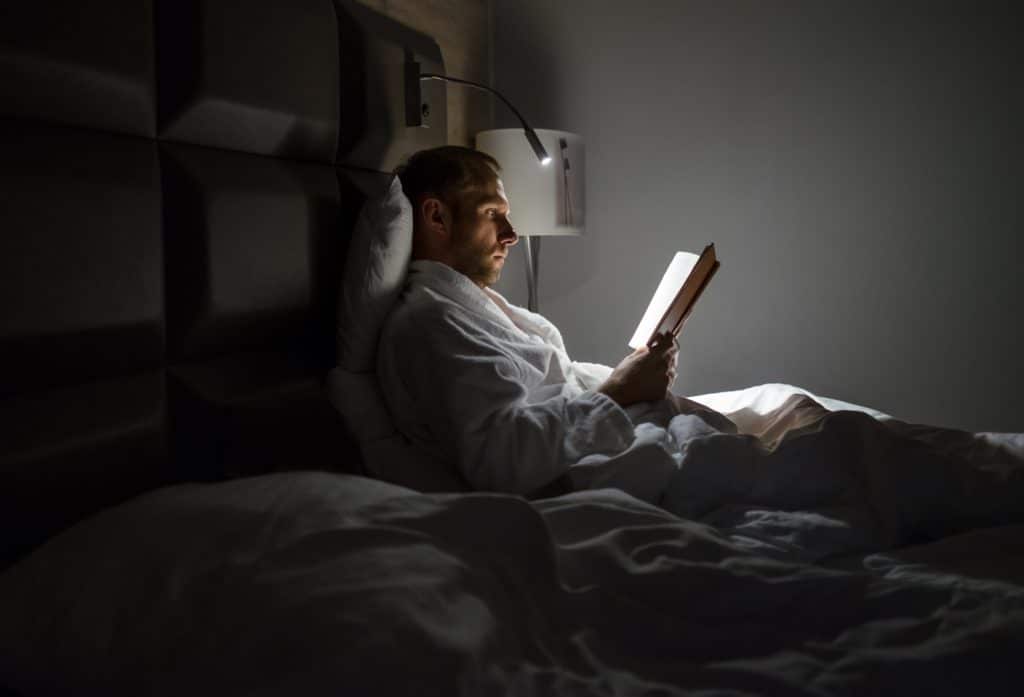
Despite using a night filter, aim to stop using your phone an hour before sleeping. This is because the little light in your phone prevents melatonin production, and there is a high chance the scrolling will stimulate your brain to remain active.
Go Camping

Going camping outdoors for a weekend, away from artificial lighting, can also reset your biological clock. Exposure to natural light during the day will align your body to awaken during sunrise and rest after sunset.
No Napping During the Day
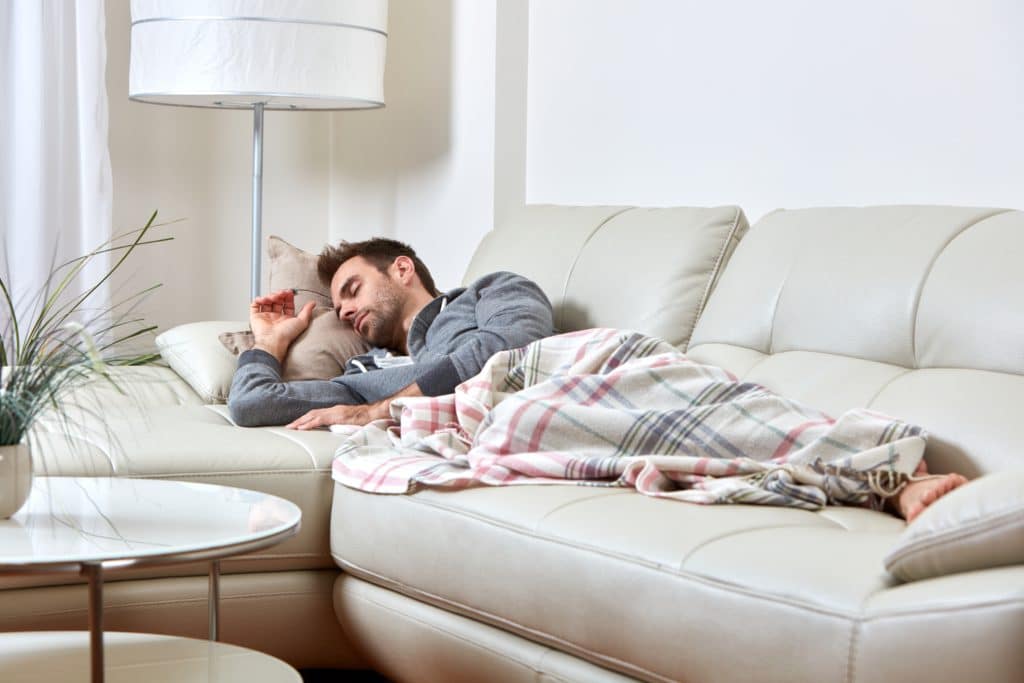
Afternoon naps can mess with your night’s sleep, so it’s only wise to do away with them. You can schedule exercises during this time or find other exciting ways to stay productive. On the other hand, if you must take a nap, limit it to 30 minutes, and it should be before 3 p.m.
Do Not Eat Any Big Meals

Next, avoid heavy meals before bed as they take longer to digest, delaying your sleep. Instead, eat light meals that are free of high fat and avoid caffeinated drinks, alcohol, and energy drinks.
Reduce the Lighting in Your Room
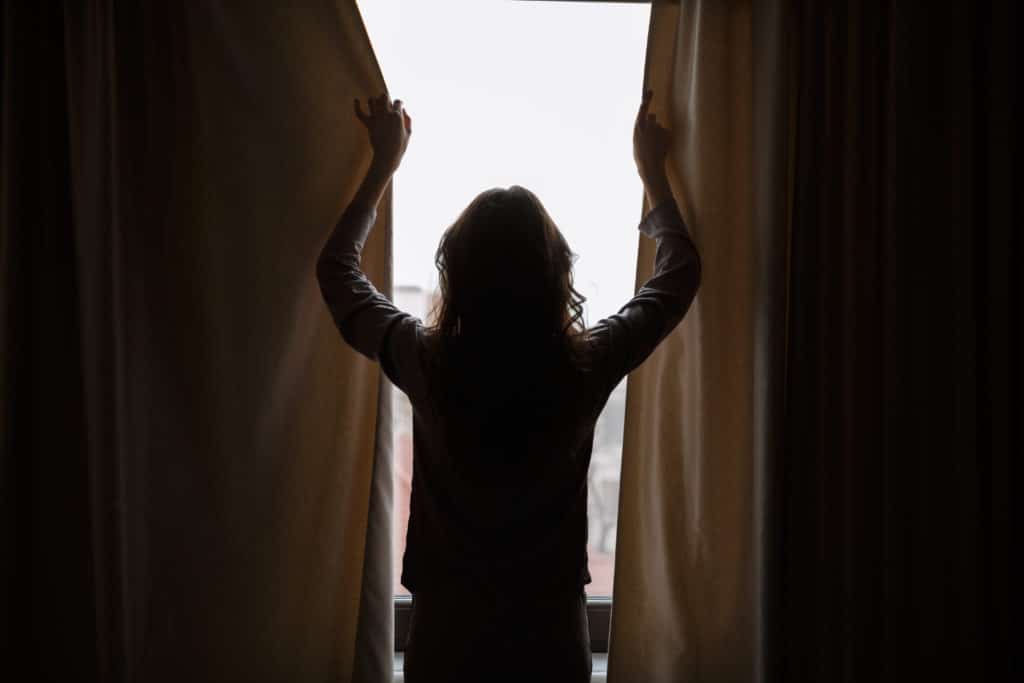
Exposure to light hinders your brain from producing melatonin, a sleep-signaling hormone. Therefore, reduce all the bright lights in your room by avoiding electronic screens and limiting the light.
Also, use blackout blinds.
Source: Reddit
Featured Photo from Shutterstock
12 Unspoken Rules That Are Not Completely Obvious

12 Unspoken Rules That Are Not Completely Obvious
21 British Words That Are Confusing to Americans

21 British Phrases That Are Confusing to Americans
10 Worst Things About Owning an Electric Vehicle

10 Worst Things About Owning an Electric Vehicle
10 Words and Phrases That Make You Sound Stupid

